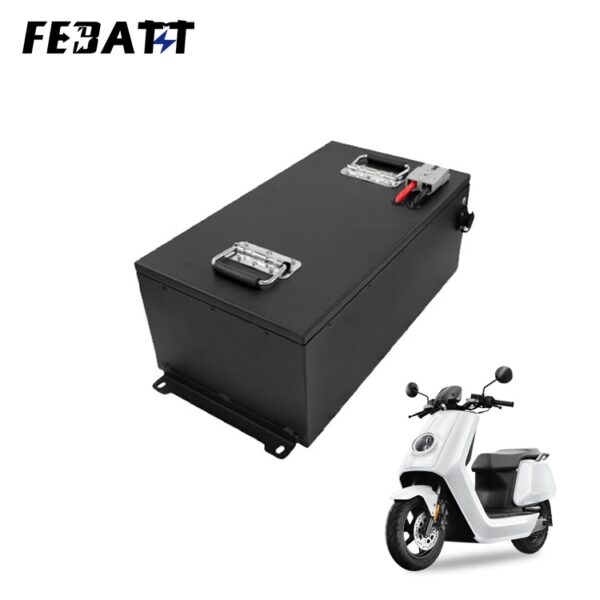Special lithium batteries need to withstand special working environments and high-strength pressure, so the safety performance and stability of the batteries are higher than ordinary lithium batteries, so the types of lithium batteries are also very strict. These special lithium batteries have their respective advantages and applicability in different application fields. The selection of suitable types of special lithium batteries depends on specific application requirements, such as the consideration of factors such as energy density, safety, and cycle life.
Lithium polymer battery (Li-Polymer):
Similar to lithium-ion batteries, but uses a polymer matrix to replace the liquid electrolyte, with higher energy density and flexibility.
Lithium iron phosphate battery (LiFePO4):
Uses lithium iron phosphate as the positive electrode material, with higher safety, longer cycle life, and lower energy density.
Lithium-sulfur battery (Li-S):
Uses sulfur as the positive electrode material, with the characteristics of high energy density, low cost, and environmentally friendly, but is still in the research and development stage.
Lithium-air battery (Li-Air):
Releases energy by reacting lithium with oxygen, with very high theoretical energy density, but currently still faces technical challenges.
Lithium titanate battery (Li-Titanate):
Uses lithium titanate as the negative electrode material, with a higher charging and discharging speed, longer cycle life, and good low-temperature performance.
For this type of special lithium battery, we have done many cases. Whether it is from scheme design or battery production, we can meet the needs of customers, and the customers use it very well. There is no need to worry about the quality, and there is after-sales guarantee. Thousands of selections are not as good as a try.



